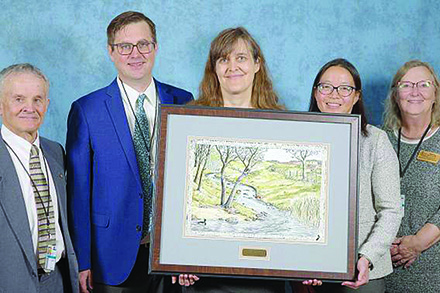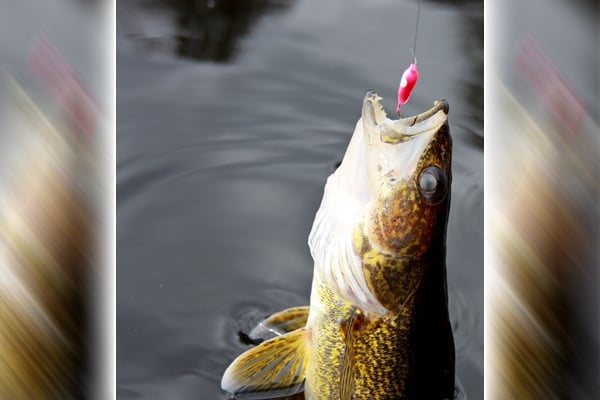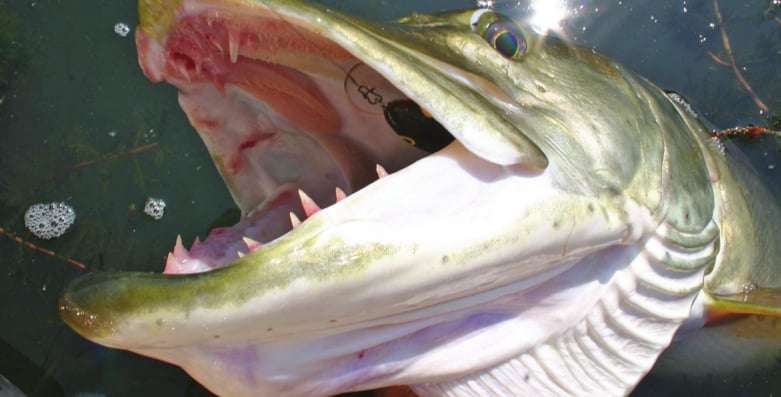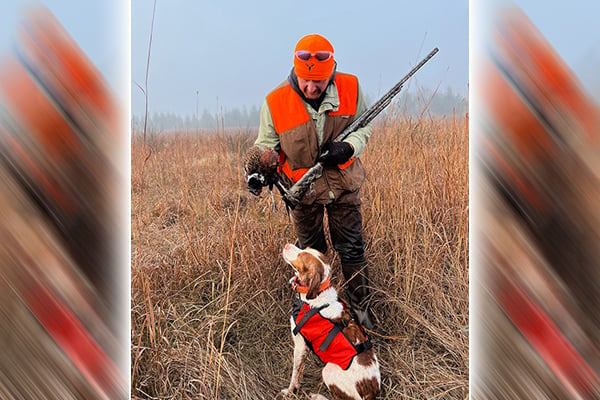Wisconsin Mixed Bag: DNR accepting applications for seats on Wolf Advisory Committee through May 4 – Outdoor News
Madison — The DNR is seeking stakeholder applicants to serve on the DNR’s Wolf Advisory Committee. Applications will be accepted through Sunday, May 4, at 11:59 p.m.
Committee members will assist the DNR with the implementation of the 2023 wolf plan that details the objectives, strategies and products that will help guide wolf conservation and management efforts in Wisconsin.
The committee will be comprised of DNR staff, representatives from government agencies/entities, the Conservation Congress, Chippewa tribes and up to 10 stakeholder seats, with those seats structured to represent a balanced spectrum of interest groups and viewpoints. These stakeholder seats will be filled via a competitive application process and are subject to three-year term limits.
The 10 stakeholder seats will be divided among five categories (two each). Full descriptions of the categories and requirements to be considered for a category are listed on the DNR’s Wolves in Wisconsin web page under the advisory committee tab. The five stakeholder groups are: Hunting and trapping; agricultural and ranching; environmental; conservation science and education; and at-large-unaffiliated.
MORE COVERAGE FROM WISCONSIN OUTDOOR NEWS:
98 turkeys ‘tagged’ for Phase II of Wisconsin study
Kroening pleads guilty to two counts in southeast Wis. deer poaching case
Columbus archers win all three NASP age divisions in Wisconsin state tourney
NRCS Application Deadline is May 16
Madison — Farmers and forest landowners may sign up for U.S. Department of Agriculture (USDA) conservation funding through the May 16 deadline. Nathan Fikkert, USDA Natural Resources Conservation Service (NRCS) state conservationist in Wisconsin, said funding is available for the NRCS Regional Conservation Partnership Program (RCPP).
“RCPP encourages conservation partners to join in efforts with producers to increase the restoration and sustainable use of natural resources on regional or watershed scales,” Fikkert said. “Receiving RCPP applications early gives our staff ample time to assist our customers, address their resource concerns, and begin planning and coordinating for their land’s conservation needs.”
Although NRCS accepts applications year-round at all USDA offices in Wisconsin, applications received after May 16 will be deferred to the next funding cycle.
DNR Looking for 10 New Game Wardens
Madison — The DNR will accept applications for the next class of conservation wardens from April 10 through May 6. The DNR expects to hire about 10 full-time wardens for the upcoming 2026 class. Successful applicants will begin their law enforcement training in January 2026 or April 2026, depending on experience level.
The DNR will host a webinar on April 22 from 5-6 p.m. to discuss the hiring process and training program. Conservation wardens statewide will hold open “office hours” sessions for applicants.
Questions and inquiries can be directed to DNR recruiting officer Mary Bisch at [email protected] or (920) 500-0332.

Pfeiffer’s Work Recognized as Recipient of DNR’s 2024 Rebecca Wallace Award
Madison — Shaili Pfeiffer, DNR natural resources staff specialist in the Water Use Section, was awarded the 2024 Rebecca Wallace Award at the Natural Resources Board meeting on Wednesday, April 9.
This award honors DNR employees who improve relationships with partners on environmental quality issues or staff mentoring. The NRB created the award as a memorial to DNR employee Rebecca Wallace, who lost her life, along with her husband, in an automobile accident in 1997. Wallace was an 18-year DNR employee known for her dedication to her work and her ability to bring people together to solve problems.
Pfeiffer started her DNR career in 2004 as a water resources specialist. She is known for her contributions to water resource management, leadership in conservation efforts, and her commitment to fostering partnerships throughout the Great Lakes region.
Pfeiffer has played a critical role in advancing Wisconsin’s water resource policies, particularly through her work on the implementation of the Great Lakes Compact and the city of Waukesha’s transition to a Great Lakes water supply.





